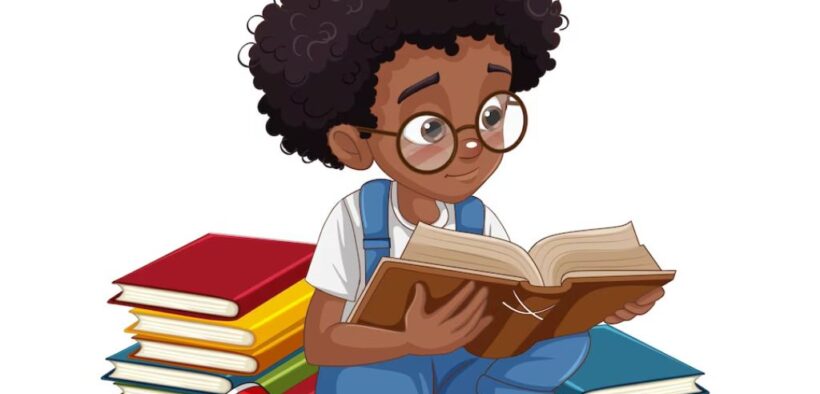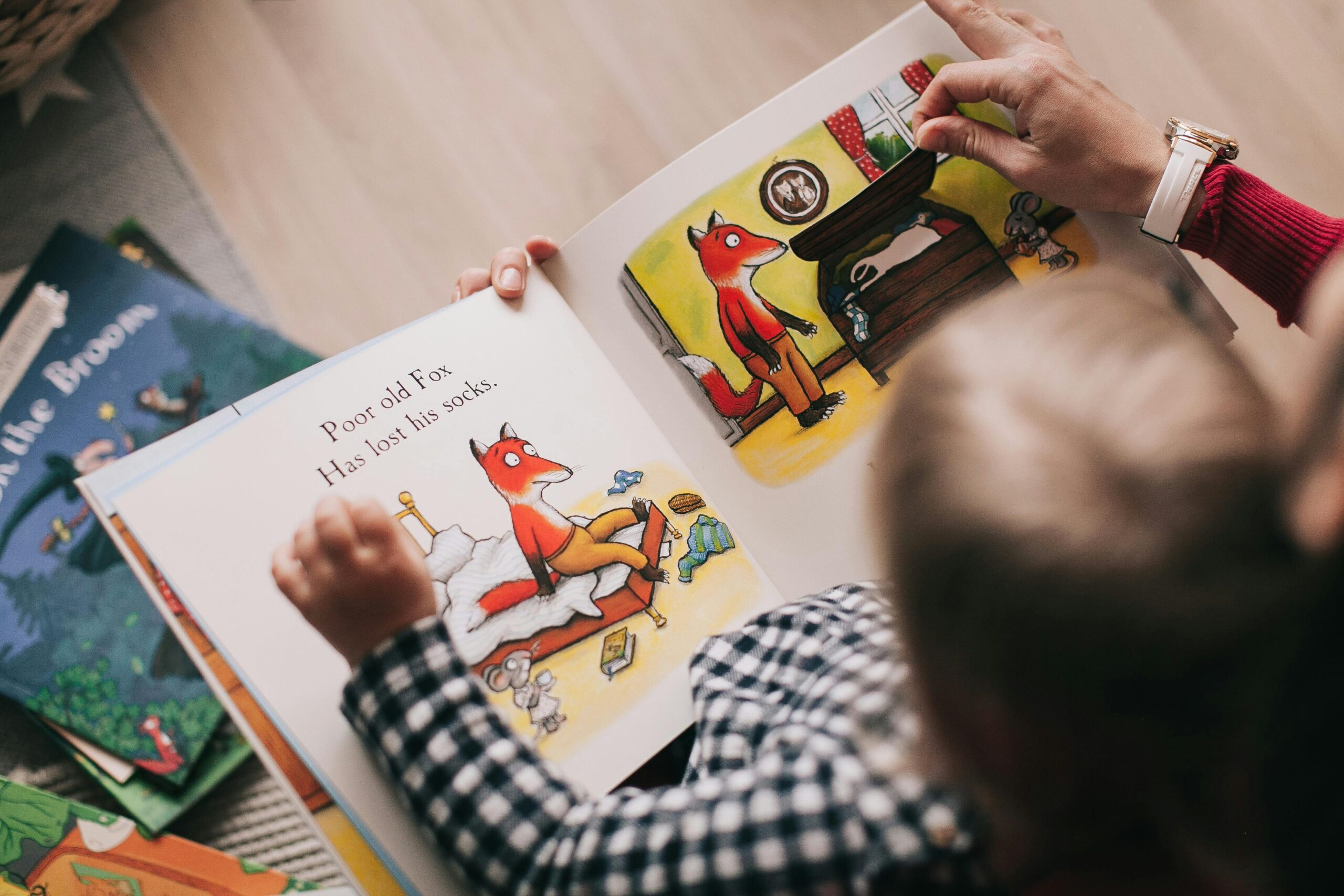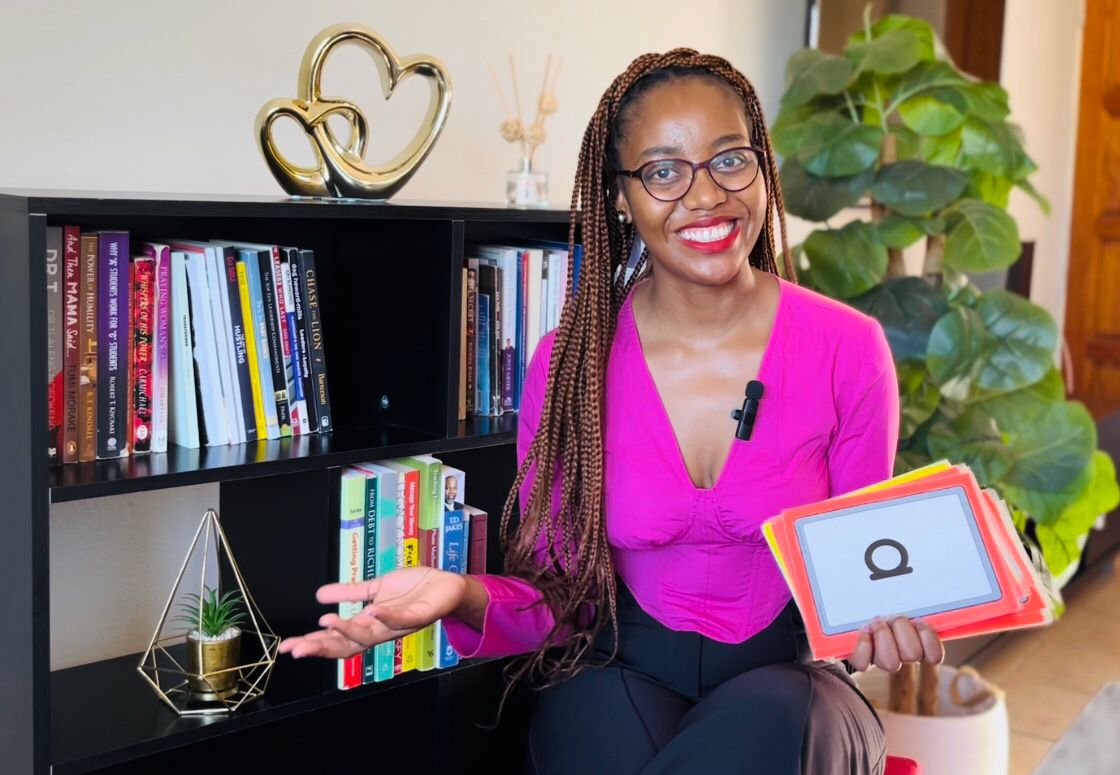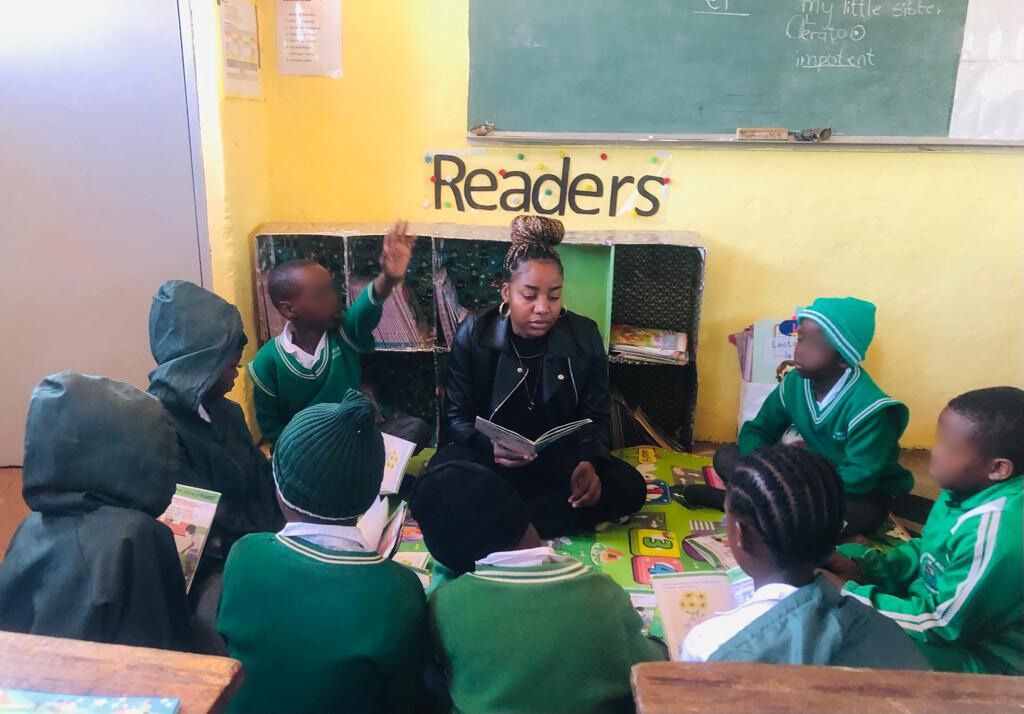Educator Pheladi Mangwale says the habit of reading is cultivated at home FIRST
Share

New year, new us, new resolutions, right? Among those should be a reformed approach of tackling our children’s educational needs as early as now.
Enforcing a culture of reading, being a top priority for South African children.
A report released by the Progress in International Reading Literacy Study (2021), dubbed as preliminary for now as local governance is yet to conduct its own research, ranked South Africa last out of 57 other countries assessing each country’s reading ability.
It also showed a striking illiteracy increase from 78% in 2016 to 81%.
The study read: “The PIRLS 2021 study reveals very low performance levels on learners’ ability to read for meaning as they turn 10. South Africa, at 288 score points, performed significantly below the PIRLS centre point of 500. Singapore (587) was the highest performing country. All African countries performed below the international average.”

Finding the link between verbal communication and word association is also crucial
It is for this reason that we have seen a crop of varying educational platforms that all seek to support children beyond the classroom.
Like with educator and reading enthusiast Pheladi Rachel Mangwale, who has taken steps to establish platforms that can further support parents teach their children at the comfort of their homes.
“When I did my teaching practical, it is then that I realised that a lot of pupils were able to communicate well but struggled to read and write. Some of them were even promoted to the next grade with the same struggles” she said.
With significant research trying to establish reasons as to why 11-year-olds in grade 5 are unable to read, her findings indicated a poor early childhood development phase – where it all begins. With a strong belief that ‘it is better to shape up a child than it is to repair an adult, Mangwale says that the responsibility of sharpening a reading skill lies also with the parents.

“Research shows that children who start learning to read early tend to achieve in other subjects. Our children are worth our time, even if it’s 20-30 minutes of reading 5 words a day, that can make a huge difference.
“The challenge sometimes lies in parents who also come from backgrounds where reading was never encouraged. Some parents did not have the privilege of being taught the correct reading skills like phonics instruction, while some believe that reading comes naturally. And with those that try, there is sometimes a lack of knowledge regarding the correct strategies and techniques for children who are on different reading levels,” she adds.
But being the first teacher for your children is where the magic begins, she adds.
“Learn how to teach your child to read. This can be done by learning reading skills on the internet, digital learning tools or purchasing physical books. Parents can also engage with their children’s teachers and ask how they can best teach their children to read at home.”
And with a country that has poor literacy levels, Mangwale says it is never too late for a reform, with one of the biggest challenges that affect children’s reading abilities being learning subjects in a foreign language as opposed to their own home language.

Another reading impairment to be aware of is dyslexia.
Defined by the International Dyslexia Association, “Dyslexia is a specific learning disability that is neurobiological in origin. It is characterized by difficulties with accurate and/or fluent word recognition and by poor spelling and decoding abilities.”
Mangwale adds: “A good and positive relationship between parent and child is crucial. In this way, you breed healthy grounds for ongoing conversations about the nature of your child’s reading difficulties (if any) and inform them on the type of support you will provide. With acceptance comes confidence and a good self esteem.”
Dyslexia should not be misinterpreted for lack of intelligence, she advices, but simply means a child learns in a different way. “We can go as far as getting help from tutors and specialists. We can also slow our lessons or have remedial lessons to cover topics with them. Alternative to reading, they can listen to audio stories on websites such as Nalibali.”
Her business, Being An Educator, assists parents navigate this sometimes stressful journey of encouraging reading. The digital brand provides literacy services, shares teaching and reading strategies online.

“We offer reading materials (that guide parents, teachers, tutors) on how to effectively teach their children how to read. We offer online teaching lessons for local and international students, and also provide teacher training. We give children the right reading skills that will enable them to read with meaning and understanding.”
And as an avid reader herself, Mangwale offers fantastic eight tips to help get your children started on their reading journey:
- First thing first, You need to set a good example for your child by reading books.
- Read stories or books to your child, Even if they are still a toddler. This will build their language skills and learn about the world.
- Make your home conducive to learning (have a small table and chair for your child to read, write, draw)
- Develop a reading routine at home. It should include daily spelling practice and weekly tests.
- Keep reading materials where your child can access them.
- Ask your child questions after reading a story book.
- Limit their screen time.
- Normalise visiting the library with your child.




